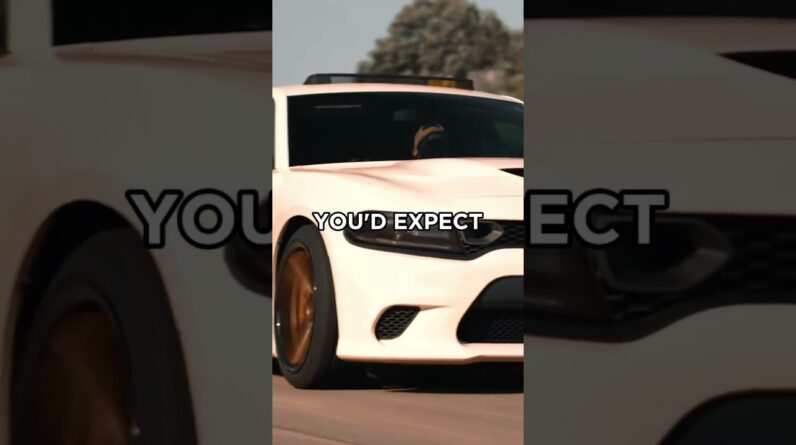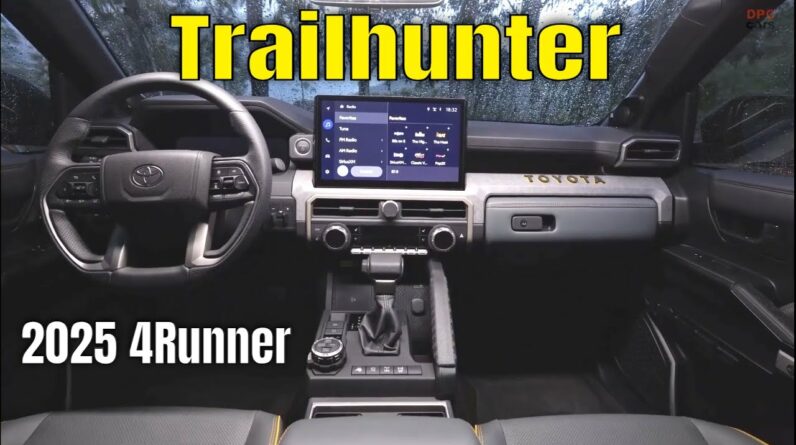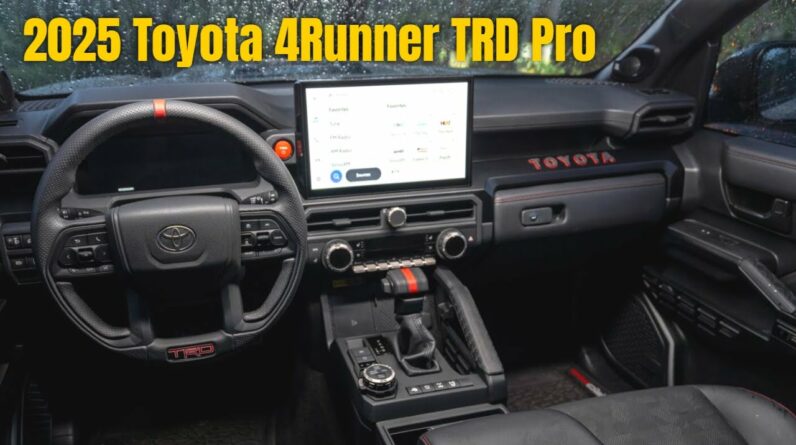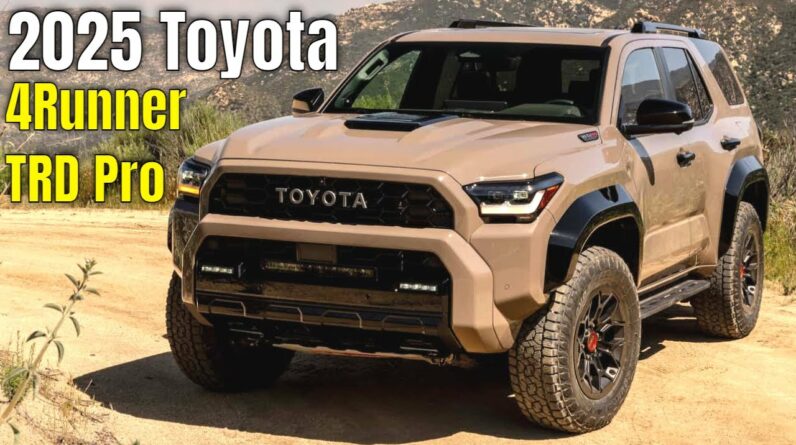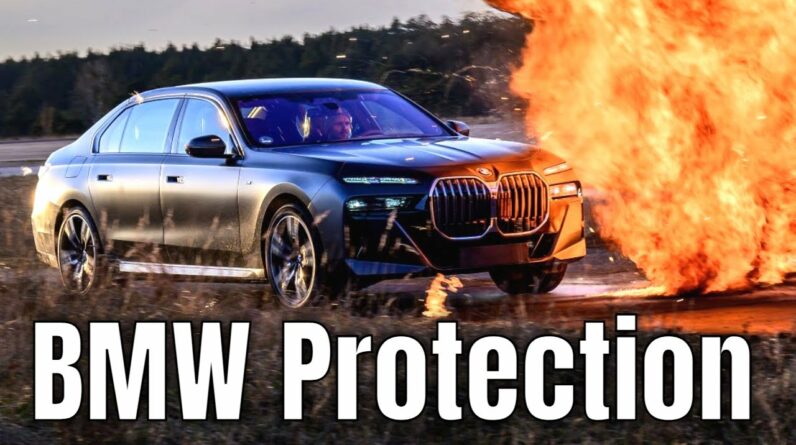Toyota announced on Tuesday its plans to introduce high-performance, solid-state batteries and other advanced technologies aimed at enhancing the driving range and reducing costs of future electric vehicles (EVs). This strategic shift has bolstered the company’s shares, signaling investor optimism.
In a comprehensive technology roadmap, Toyota unveiled its intentions to focus on various areas, including the development of next-generation batteries and a radical redesign of its manufacturing facilities. This disclosure represents the automaker’s most extensive outline to date regarding its competitive strategy in the rapidly expanding EV market, where it has trailed behind industry leaders like Tesla.
The announcement comes just before the annual shareholders meeting, where corporate governance and strategic decisions, such as the gradual transition to battery EVs during the tenure of former CEO Akio Toyoda, will be closely examined.
Following the news, Toyota’s stock surged by 5% to reach 2,173 yen, its highest level since August.
According to Toyota, its objective is to launch next-generation lithium-ion batteries by 2026, offering improved driving ranges and faster charging capabilities. Additionally, the company highlighted a “technological breakthrough” that addresses durability concerns associated with solid-state batteries. Toyota is actively pursuing means to achieve mass production of these batteries, with plans for commercialization between 2027 and 2028.
Solid-state batteries possess the potential to store more energy compared to current liquid electrolyte batteries. This innovation is expected to accelerate the transition to EVs by addressing a major consumer apprehension: limited driving range.
However, it is worth noting that solid-state batteries are currently expensive and are likely to remain so for the foreseeable future. To mitigate this challenge, Toyota intends to utilize lithium iron phosphate batteries, which offer superior performance at a lower cost compared to lithium-ion batteries. This move aligns with the automaker’s strategy to tap into the burgeoning EV market in China, the world’s largest automotive market.
In the high-end segment, Toyota plans to introduce an EV equipped with an efficient lithium-ion battery that can provide a remarkable range of 1,000 kilometers (621 miles). By comparison, the long-range version of Tesla’s lithium-ion-powered Model Y, currently the best-selling EV globally, can travel approximately 530 kilometers based on U.S. standards.
Moreover, Toyota envisions an EV powered by a solid-state battery that boasts an astonishing range of 1,200 kilometers and a remarkably short charging time of only 10 minutes. In contrast, Tesla’s extensive Supercharger network, renowned as the largest of its kind, offers an equivalent charging capacity of 321 kilometers in just 15 minutes.
While Toyota has not disclosed specific details regarding costs or required investments for these plans, the automaker’s engineers have been actively reevaluating its EV strategy since last year to enhance its competitiveness in the market.
The roadmap presented on Tuesday demonstrates Toyota’s commitment to the EV segment under the leadership of its new CEO, Koji Sato. It encompasses several elements that engineers and planners have been developing as potential options for several months.
This strategy includes the incorporation of electric-axle technology and other innovations from key suppliers such as Aisin and Denso.
Takero Kato, the president of Toyota’s newly established BEV Factory, which focuses on EV production, expressed the company’s aspirations in a video posted on the automaker’s YouTube channel. Kato emphasized their intention to “change the future with BEVs,” indicating Toyota’s determination to play a significant role in shaping the electric vehicle landscape.
line envisions cars navigating the production process autonomously.
Furthermore, the company plans to adopt Giga casting, an innovation pioneered by Tesla, to minimize production costs. This technique utilizes massive aluminum casting machines to simplify vehicle manufacturing.
Analysts, including Koji Endo from SBI Securities, have expressed surprise at Toyota’s counteroffensive against Tesla’s production efficiency leadership. While the success of Toyota’s endeavors remains uncertain, the company is determined to mount a formidable challenge.
Toyota’s BEV Factory, established in May, aims to produce approximately 1.7 million electric vehicles by 2030. This figure represents roughly half of the company’s target to sell 3.5 million EVs annually by that same year.
In April, Toyota achieved a significant milestone by selling 8,584 EVs worldwide, including those under its luxury brand, Lexus. This marked the first time that EV sales accounted for over 1% of the company’s global sales within a single month.
Get More Great Car Videos – Subscribe: https://goo.gl/BSIaFc


